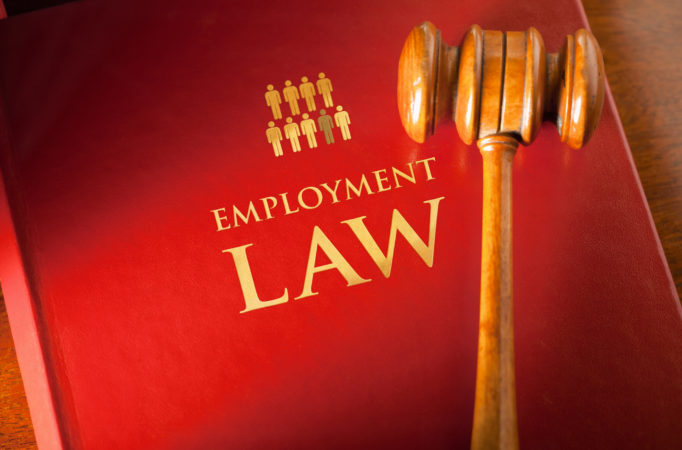Employment & Labor Law
U.S. Attorney General Jeff Sessions Rescinds Marijuana Enforcement Guidance
In early January 2018, U.S. Attorney General Jeff Sessions rescinded the long-standing Obama-era guidance regarding the Department of Justice’s (DOJ) treatment of the marijuana industry. In a series of memoranda dating back to 2009, Deputy Attorney Generals David W. Ogden and James M. Cole had established national guidance listing eight key areas of marijuana enforcement for federal prosecutors and law enforcement agencies. Federal law enforcement personnel were directed to focus their resources on persons and organizations that interfered with these priorities. Notably, the use of medical marijuana was not included in the list of enforcement priorities. The memoranda stated that federal marijuana enforcement should not focus on individuals whose actions are in “clear and unambiguous compliance” with existing state laws providing for the use of medical marijuana, and that pursuing prosecution of individuals with serious illnesses and their caretakers is “unlikely to be an efficient use of limited federal resources.”
The Sessions Memo
In his January 4th memorandum, Attorney General Sessions deemed the Cole and Ogden memoranda “unnecessary,” and directed federal law enforcement to follow the “well-established principles that govern all federal prosecutions.” Such principles include the following: federal law enforcement priorities set by the Attorney General, the seriousness of the crime, the deterrent effect of criminal prosecution, and the cumulative impact of particular crimes on the community. He explained that the significant penalties for the cultivation, distribution and possession of marijuana under the Controlled Substances Act reflected Congress’s belief that marijuana activity is a “serious crime” involving a “dangerous drug.”
Going Forward
Where does this leave us? Despite sensationalist headlines of a “marijuana crackdown,” the Sessions Memo does not specifically direct federal law enforcement to increase prosecution of marijuana activity. Rather, it seems to expand the scope of potential enforcement from just the areas that had been specified in previous DOJ memoranda to include medical marijuana activity as well. Ultimately, however, decisions regarding federal marijuana enforcement policy as it relates to medical cannabis will depend largely on the discretion of the Attorney Generals in the states that have adopted medical marijuana programs. In Pennsylvania, the medical marijuana program appears to have strong support from a number of high-ranking government officials. Both Governor Tom Wolf and Attorney General Josh Shapiro have pledged to defend the state’s medical marijuana program against federal interference. Still, the rescission of the Cole and Ogden memoranda guidance may cause concern for participants in Pennsylvania’s medical marijuana industry regarding future enforcement initiatives.
If you have any questions or concerns regarding the DOJ announcement, please contact any of Houston Harbaugh’s health care attorneys.
About Us
Claims and suits brought against employers by employees are a large part of the cases being handled by the Employment lawyers at Houston Harbaugh. We focus on assisting and counseling our clients to be positioned to avoid claims, and if the claims are brought, to be prepared to defend against them.

Craig M. Brooks - Practice Chair
An employment and labor attorney, Craig primarily represents management, providing advice on how to handle employee issues and actions, as well as defending or pursuing claims in court and before government agencies on matters.
An employment and labor attorney, Craig primarily represents management, providing advice on how to handle employee issues and actions, as well as defending or pursuing claims in court and before government agencies on matters including:
- Employment discrimination claims
- Wage and hour matters
- Sexual and other harassment investigations and claims
- Family and Medical Leave Act
- Wrongful discharge
- Labor/Union matters
- Restrictive covenants
- Affirmative action programs
- Defamation
- Privacy
Craig also represents individuals with advice and pursuing claims arising out of their employment.

